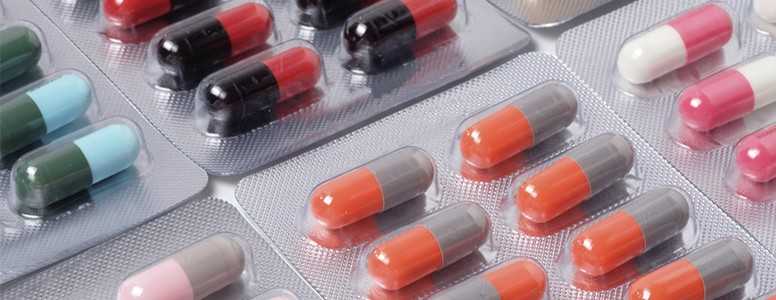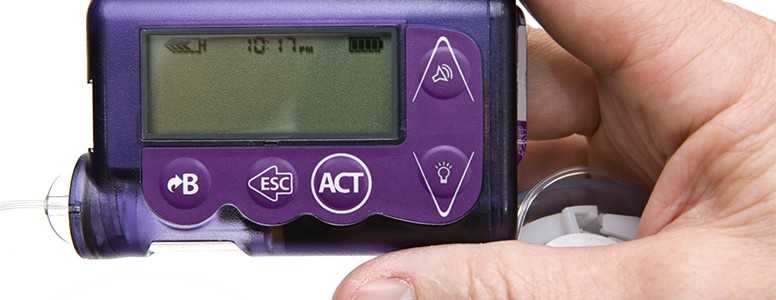Young children who are given antibiotics are more likely to develop prediabetes in adolescence, according to a new study.
Scientists at Athens University Medical School, Greece warn that antibiotics could disrupt a child’s gut microbial ecosystem.
“Increased consumption of antibiotics up to the age of three seems to decrease beneficial gut microbes and alter nutrient absorption and metabolism. This may lead to prediabetes, an early high-risk stage of type 2 diabetes,” said lead author Charikleia Stefanaki, MD, MSc, Fellow and Research Associate in Pediatric Endocrinology, at Athens University Medical School in Athens, Greece.
The research team wanted to investigate the relationship between the gut microbiome and prediabetes in adolescents. To achieve this, they compared male and female adolescents aged between 12 and 17.
Stefanaki’s team analysed fecal samples of 10 adolescents with prediabetes and 14 healthy controls. Participants with prediabetes reported taking antibiotics over three times a year up the age of three, and had lower levels of Ruminococcus, which nourishes bacteria in the gut and can prevent adolescent prediabetes from developing.
The control group were 8.5 times less likely to have been given antibiotics up to the age of three, and 1.75 times more likely to have a positive family history of autoimmune diseases.
Stefanaki added: “Antibiotics should be administered only when really indicated. Gut microbes are a delicate ‘organ’ frequently neglected by the medical community that produces vitamins, hormones and micronutrients, interacts with the gut’s nervous system, and influences the gut’s immune response.”
The researchers concluded that prebiotics and probiotics could help restore proper balance in gut bacteria and inhibit the development of prediabetes and its progession to type 2 diabetes. Prebiotics are non-digestible fibres that nourish gut microbes, and probiotics are beneficial living microorganisms.
The study results were presented on Sunday April 3 at ENDO2016, the annual meeting of the Endocrine Society.





